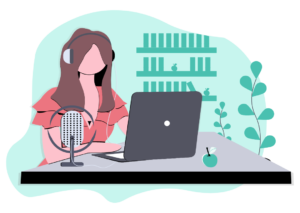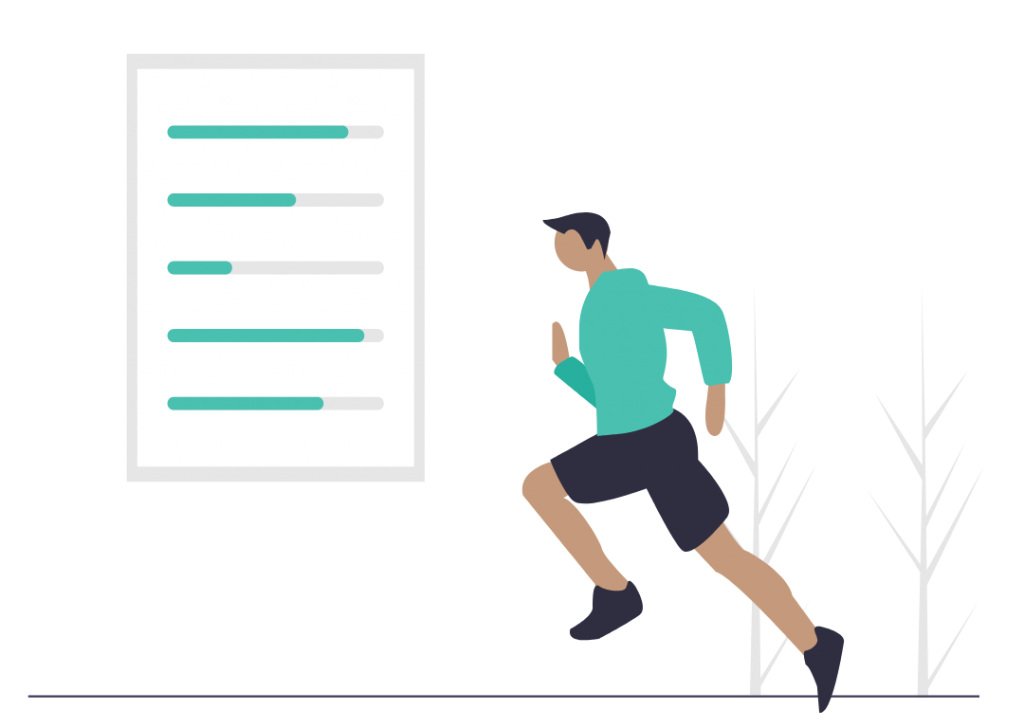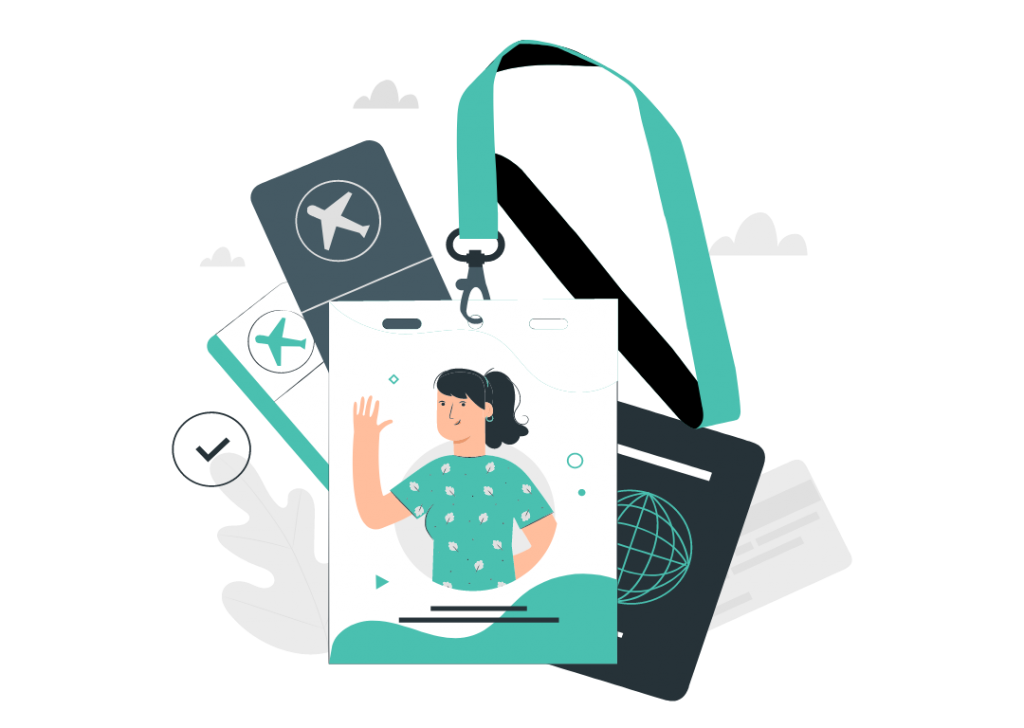
Caregiving with Love, Not Fear
Rose and her husband were about to start the business of their dreams when her mom was diagnosed with stage IV cancer.

Jennifer was thrown into the caregiver role when her father passed at the age of 50 and her mother's Alzheimer’s was getting more severe. Jennifer explains how crucial it is to plan ahead, the difficult battle her mother faced adjusting to a nursing home, and why she started an Alzheimer’s podcast when she couldn't find the caregiving resource she needed. This is Jennifer's story.
As told to Open Caregiving and lightly edited to enhance readability while preserving the author’s voice.
Hi! My name is Jennifer Fink and I’m a Gen-X lady. I live in Northern California and until early this year (2020) I was a caregiver to my mom.
My mom had younger onset Alzheimer’s, although she wasn’t formally diagnosed until age 69. I say early onset because by the time she was diagnosed the entire family felt like, “Yeah, tell us something new.”
Getting her diagnosed was a long and frustrating process, mostly because she refused to schedule many of the testing appointments. Being in denial does not help your family or your eventual outcome.
I knew my mom was having cognitive issues back in the early 2000s. We had a business together and she would take orders from clients and not write down directions or delivery dates. It got to the point whenever I heard her “shooting the breeze” with a client I’d join in so I could casually ask questions about their order. This allowed me to avoid embarrassing phone calls later.
One day I found an order with no directions whatsoever, so I asked her about it. She claimed it was the employees handwriting, which was highly worrisome since their handwriting wasn’t even similar.
I tried casually mentioning my concern, telling her she was having more and more daffy moments. She loudly proclaimed, “I don’t want to end up like my Mother,” and stomped out of the room. (My maternal grandmother had vascular dementia.)
When my parents retired in 2005, it was very obvious to the family that she had a problem. I worried that without the purpose of our work, and the stimulation from clients, that she’d decline. But I was also secretly relieved that I wouldn’t have to monitor what she did all the time.
Mom and I had a reasonably close relationship when I was a kid, but there were a lot of struggles too. Both of my parents had high expectations of both daughters, but being the oldest I had to earn a lot more respect and responsibility than my sister who is 4.5 years younger. That caused a lot of resentment.
I’m currently working through memories that always skew negative. It’s hard to remember positive childhood memories, but I had a good childhood so they’re there. I feel like I need to get through what was a long journey with Mom’s Alzheimer’s. Put that in the back of my mind so the positive memories can surface.
I didn’t really become a caregiver until 2017. My dad died in March 2017, and at age 50 I was not the least bit interested in moving Mom into my home. Her Mom lived till age 91, and there was no way I wanted to tie myself down for another 25 years.
My daughter had just moved out, and it was time for my husband and I to do the traveling and things we wanted to do. If Mom had moved in with us, I wouldn’t have been able to run my photography business and I wouldn’t have had the freedom to go to the gym, or cycling with our club.
Unfortunately, no one had discussed what we should do for Mom if/when Dad died first, which was likely. Dad had diabetes, a donated kidney he didn’t treat well, and a host of other chronic diseases. I’m still angry over how he handled his last months since they didn’t include conversations of any substance.
At first, my sister and I were going to have our aunt move in with Mom and manage some caregiving. She cared for their Mom until Grandma died, which then ended her income so she’s on welfare.
It seemed like a good plan, but being a pessimist I put a lot of thought into what worst-case-scenario might look like and realized I wasn’t comfortable with our plan. This was a problem initially because my sister and I agree on almost nothing. I searched out care homes and then worried about how I was going to convince her that we needed to rethink our plan. Thankfully, our aunt did not want to be a part-time caregiver for her sister. We moved Mom to a local care home two weeks after Dad died.
I’ve told people that moving Mom to a care home was worse than the day Dad died. Despite having advanced Alzheimer’s and being able to keep her dog, she begged us to take her home. She said she didn’t belong in a place “like this”, and cried and eventually turned her back on us.
Part of me was devastated knowing it truly was the best option for her, and part of me was extremely angry because of the selfishness of not planning ahead. It took 2 months for her to acclimate to her new living arrangements, but the day she did is a memory I’ll never forget.
She was following another resident who was frustrated about something and demanding to use the phone. It was kind of funny how these ladies always wanted a phone book! When Mom saw me she asked me to come with her because she needed to help her friend. Hearing the word friend was like hearing I’d won the lottery. That day I felt like it was going to be ok.
After she was used to her new living situation, visits could be frustratingly boring with touches of humor. I desperately searched for ways to connect with her when I visited. Some of that need was self-preservation, but I also wanted to give her more from our visits. I envisioned 20 years of “so what have you been up to lately” every 3 minutes. There was no way I could manage that.
While searching for, and trying out, many of the suggestions for connecting with someone with Alzheimer’s I got the idea to look for a podcast that discussed this very topic. I knew I was blessed to have the time to do deep dives on the internet and read copious amounts of books looking for answers. The fact that I rarely came up with something that worked made that blessing seem useless.
In late 2017 there weren’t too many options for Alzheimer’s caregiver support podcasts. They were either technical, designed for professionals, or screams into the void. There was one that had been around for quite a while, but it wasn’t my cup of tea. It was disappointing that there were so few options. At the same time, another podcast I listened to had an episode about starting a podcast. This seemed like something I could do and on May 1, 2018, I launched the Fading Memories podcast.
One of my main message goals for the podcast was to get across the importance of planning ahead. I wanted to share what I had learned during our journey, but it turned out I had more to learn than share. I have learned something from almost every guest, and now my message is to plan ahead and to learn all you can.
I wish I had learned much of what I know now a lot earlier in Mom’s journey. It may have made it better for all of us. In the beginning, when people would tell me there could be a lot of humor in caregiving, I thought they were insane. They were right. To appreciate the humor, you have to understand the disease and your loved one a lot better. Educating yourself is the only way you’ll get to that point.
It was difficult to balance my life, our business, and my family. My daughter was 14 when my parents retired. We’d had the business since before she was born. Dad did all the caregiving after they retired, resisting any offered help. It was easy to go and live my life and check in on them somewhat regularly. (They lived 20 miles away.)
If I had to recommend one resource, it would be my podcast! I bring caregiving experts from all over into peoples’ ears every week.
However, there are other sources that are invaluable that I’ll also share. AlzAuthors is a website of over 200+ authors who write about Alzheimer’s and dementia from every possible perspective. If you need something to read that will help you, you will find it there.
My other resource is the Alzheimer’s Association. With their support groups and constant push for more help from the government, they are a leader in helping families along this journey.
If I could go back five or ten years in Mom’s journey and give myself some advice, it would be to join my support group earlier. Learn all I can about the disease and tell myself it’ll all be okay in the end.
Until there is a cure for this horrible disease I’ll keep putting out my podcast, advocating for a safety net for family caregivers and doing whatever else I can to make Alzheimer’s a memory of the past!
Since I ended my caregiving journey with Mom much sooner than I expected, back in March 2017, I now consider myself a caregiver to the caregivers. I help people through the podcast, in person, and online. I have a community of caregivers that I help support even though we’ve never met in person. I consider them my friends.
You can find me at fadingmemoriespodcast.com, wherever you listen to podcasts, and on every social media platform. Well not TikTok, I’m older than their demographic! You’ll find links to all my social media channels on my website and in the show notes of every episode.

Rose and her husband were about to start the business of their dreams when her mom was diagnosed with stage IV cancer.

Andrew’s dreams of exploring life away from home, as a college student, were interrupted when his father was diagnosed.

Having worked in the airport management industry for 25 years, Francey felt burned out and hoped to change careers.